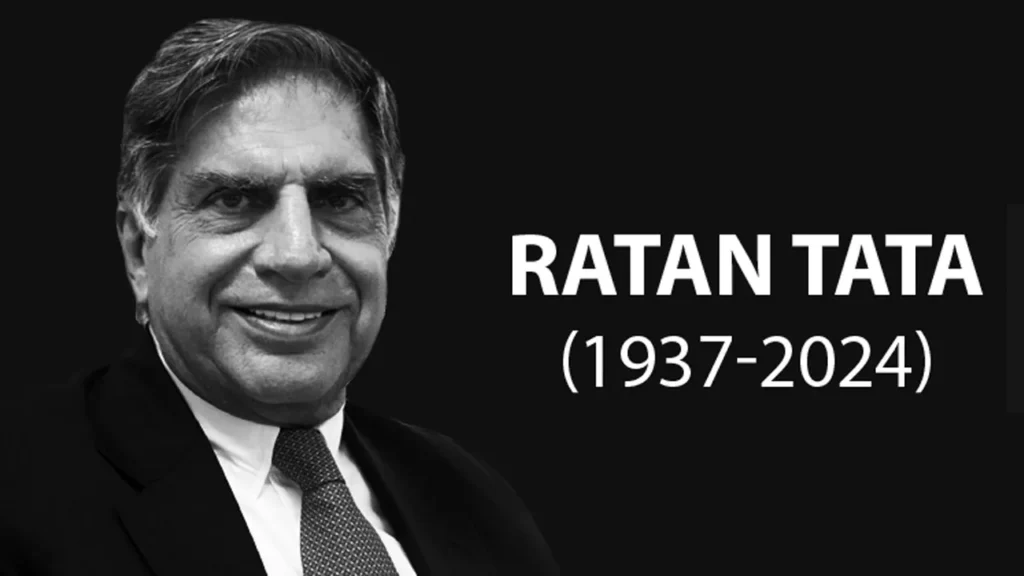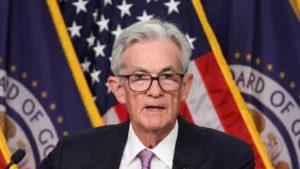
Ratan Tata, the former chairman of Tata Sons and one of India’s most prominent business leaders, has passed away at the age of 85, leaving behind a legacy that has profoundly influenced the global business landscape. Known for his vision, philanthropy, and commitment to ethical business practices, Tata’s contributions extend far beyond the realm of corporate leadership.
Early Life and Education
Born on December 28, 1937, in Surat, India, Ratan Tata was the son of Naval Tata and Sonoo Tata. He grew up in a family steeped in business tradition, being the great-grandson of Jamsetji Tata, the founder of the Tata Group. Ratan Tata’s early education took place in Mumbai, and he later pursued higher studies at Cornell University in the United States, where he earned a degree in architecture and structural engineering.
Following his education, Tata joined the Tata Group in 1961, starting as a management trainee. His humble beginnings within the company shaped his leadership style, characterized by a deep understanding of both the ground-level operations and strategic vision needed to guide a global enterprise.
Ascension to Leadership
In 1991, Ratan Tata took the helm of Tata Group as chairman, a position he held until his retirement in 2012. His leadership marked a transformative era for the conglomerate, as he spearheaded a series of bold initiatives that propelled the company onto the global stage.
Under Tata’s stewardship, the Tata Group diversified and expanded its portfolio, acquiring major international brands such as Jaguar Land Rover and Corus Steel. These acquisitions not only strengthened Tata’s presence in the global market but also showcased Tata’s commitment to innovation and excellence.
Key Contributions and Achievements
- Global Expansion: Tata’s vision was not confined to India. He recognized the importance of global markets and led the Tata Group into international territories. This expansion allowed the group to become a significant player in various sectors, including automobiles, steel, and IT.
- Tata Nano: One of Ratan Tata’s most ambitious projects was the development of the Tata Nano, marketed as the world’s cheapest car. Launched in 2008, the Nano aimed to make car ownership accessible to millions of Indians. Although it faced challenges in the market, the initiative exemplified Tata’s commitment to innovation and addressing social issues.
- Philanthropy: Ratan Tata’s approach to business extended beyond profits. He believed in the principle of giving back to society. The Tata Group, through its various trusts, has contributed significantly to education, healthcare, and rural development in India. Ratan Tata himself has been an active participant in philanthropic activities, championing causes that improve the quality of life for the underprivileged.
- Corporate Governance: Tata’s leadership is often highlighted for its emphasis on ethics and integrity. He fostered a corporate culture that prioritized ethical business practices, transparency, and accountability. This focus on good governance set a standard in the corporate world, making Tata Group a model for responsible business.
Legacy and Influence
Ratan Tata’s influence transcends borders. His leadership style and vision have inspired countless entrepreneurs and business leaders around the world. His emphasis on ethical practices and social responsibility has become a blueprint for modern corporate governance.
Beyond the business realm, Tata was known for his humility and approachability. He frequently interacted with employees and was genuinely concerned about their welfare. This humanistic approach earned him the respect and admiration of many, making him not just a leader, but a beloved figure in Indian society.
Final Years and Passing
In his later years, Ratan Tata remained active in various business ventures and philanthropic initiatives. He served as the chairman of the Tata Trusts and was involved in numerous startups and investment initiatives that aimed to foster innovation in India. His keen interest in technology and startups signaled his belief in the potential of young entrepreneurs to drive the future of the Indian economy.
On 9th October, news broke of Ratan Tata’s passing, sending shockwaves through the business community and beyond. Tributes poured in from leaders, entrepreneurs, and citizens, all expressing their sorrow and sharing stories of how Tata had touched their lives. Social media platforms were flooded with messages, highlighting his impact and legacy.
A Reflection on His Impact
Ratan Tata’s death marks the end of an era, but his legacy will undoubtedly endure. His contributions to the Tata Group and Indian industry have set benchmarks for excellence and integrity. He leaves behind a blueprint for future leaders, emphasizing the importance of ethics, social responsibility, and visionary thinking.
As businesses navigate the complexities of the modern world, the principles that Ratan Tata championed will continue to resonate. His life serves as a reminder that success is not solely measured by financial metrics but by the positive impact one has on society.
Conclusion
The world has lost a remarkable leader in Ratan Tata, but his vision and values will continue to inspire generations. As we remember his contributions to the Tata Group, the Indian economy, and society at large, it is essential to carry forward his legacy of ethical leadership and commitment to social responsibility.
In a time when corporate ethics are increasingly under scrutiny, Ratan Tata’s life and work offer valuable lessons. His belief that businesses can and should be a force for good in the world is a message that remains crucial today.
Stay tuned for more updates and reflections on influential leaders who have shaped our world, and explore our website for comprehensive coverage on business and leadership topics.
image source – voicendata.com


